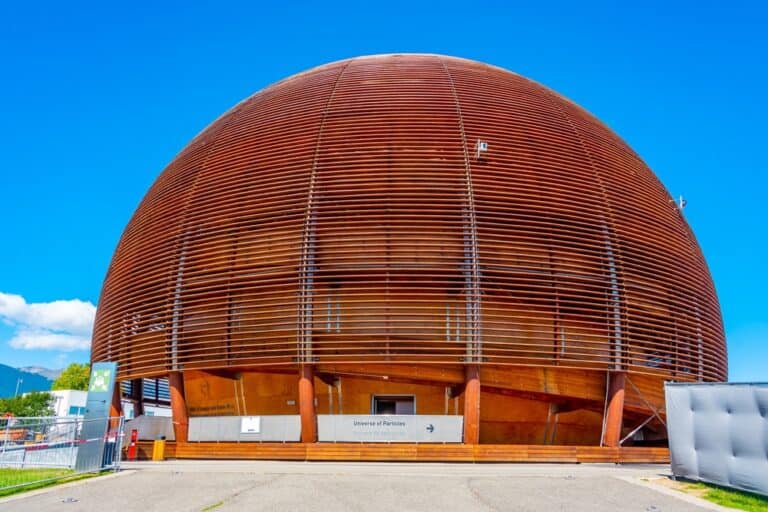Pure Storage and CERN Openlab are launching a collaboration in which the European Laboratory for Particle Physics will evaluate the benefits of flash storage for scientific research. The technology should help accelerate high-performance computing and data analysis for future physics experiments.
The two organizations have announced that they will investigate how Pure Storage’s DirectFlash technology can support the growing needs of future scientific research. It is a multi-year agreement in which CERN will evaluate and measure the benefits of large-scale high-density storage technologies.
CERN produces a lot of data through its physics experiments in the Large Hadron Collider (LHC). This data must be effectively stored so that scientists can consult and analyze it to improve our understanding of the universe. However, traditional storage solutions have increasingly become a bottleneck for high performance computing.
CERN wants to unlock new possibilities by replacing traditional hard disks with flash technology. In addition to better performance, this should also realize benefits in terms of storage density and sustainability. An important element of the collaboration is using Pure Storage’s DirectFlash technology, which makes efficient use of space and energy.
Joint research into exabyte-scale storage
The collaboration focuses on enabling next-generation storage for physics experiments. Both organizations will work on optimizing flash infrastructure on an exabyte scale and the application stack for Grid Computing and HPC workloads.
The joint research aims to identify opportunities to maximize performance in both software and hardware while maximizing energy savings across the entire platform. This multi-year collaboration should support the growing demands of the Large Hadron Collider and revolutionize how data is stored and managed.
Tip: Pure’s orange R&D blood flows in Prague: a look behind the scenes
